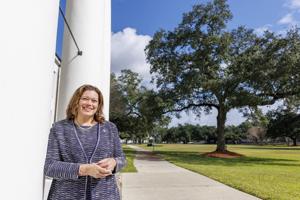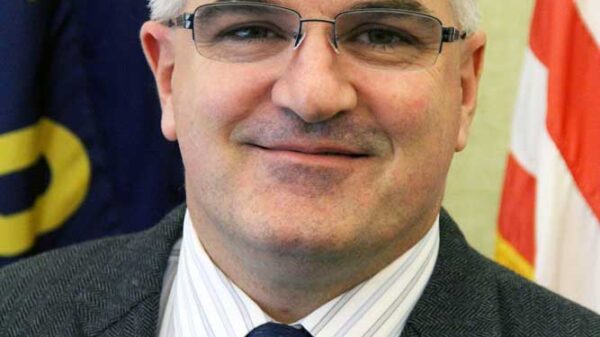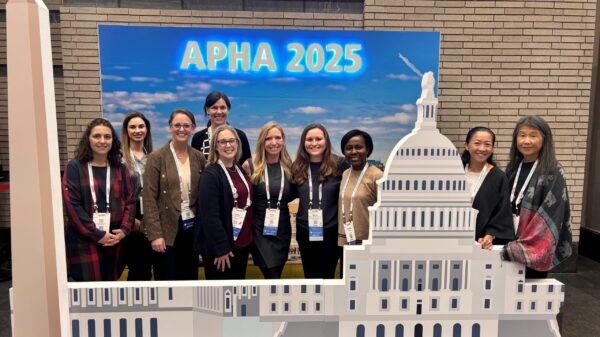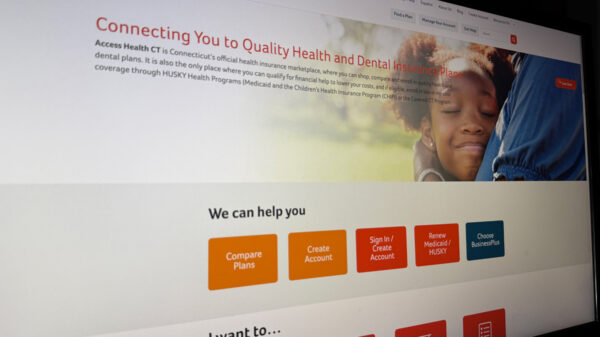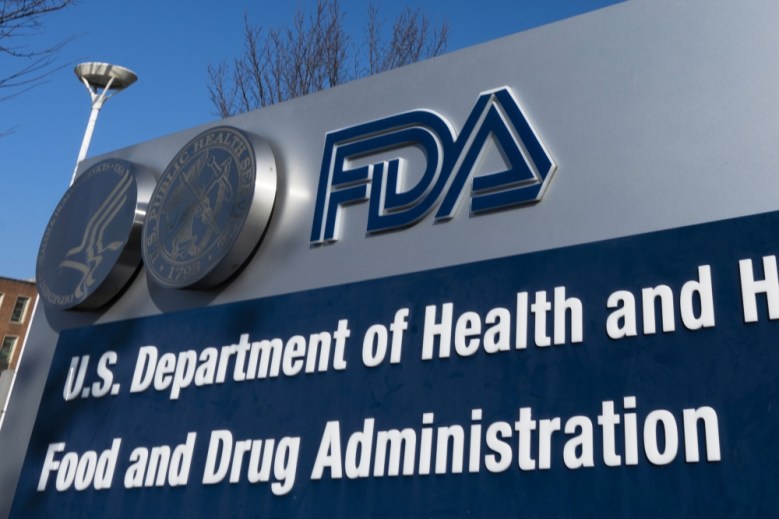A notable shift is occurring in the landscape of cancer diagnoses, with a growing number of younger adults facing this life-altering illness. In Maine, as in other regions, cancer is increasingly recognized not merely as an ailment of the elderly, but as a significant threat to those in their 30s and 40s. The alarming rise in cases underscores a need for urgent policy changes, medical awareness, and community support.
The experience of a mother in Lewiston illustrates this changing reality. At just 39 years old, she was confronted with a cancer diagnosis that she believed was years away. This scenario is becoming more commonplace. According to the National Cancer Institute, colorectal cancer in Americans under 50 has nearly doubled since the 1990s. Additionally, a comprehensive global study revealed that cancer cases among younger adults surged by nearly 80% from 1990 to 2019, particularly affecting individuals in their 30s and 40s.
The increasing incidence of cancer among younger demographics raises critical questions about underlying causes. Factors such as diets composed of ultra-processed foods, rising rates of obesity and diabetes, and environmental pollutants like PFAS—known as “forever chemicals”—are believed to play significant roles. These chemicals, which have contaminated Maine’s farmland and water, pose long-term health risks.
Genetic predispositions remain relevant, yet the environment has changed dramatically. The field of epigenetics explores how external factors can activate or deactivate genes, suggesting that contemporary environmental exposures may trigger cancer at earlier ages than previously observed.
Culturally and institutionally, there is a pressing need for change. The medical community has historically viewed cancer as an age-related illness, often leading to misdiagnoses or delayed treatments for younger patients. For instance, a 38-year-old with alarming symptoms may be dismissed as experiencing hemorrhoids rather than undergoing necessary evaluations for cancer. This bias can result in advanced stages of disease by the time proper diagnoses occur.
Maine has demonstrated proactive measures in addressing environmental health issues, notably by banning most uses of PFAS by 2040 and establishing a 60 million USD fund to support affected farmers. Yet, the issue of chemical exposure requires comprehensive federal regulation, as contaminants do not adhere to state lines.
Food policy is another critical element in this discussion. Nearly 60% of the average American’s caloric intake comes from ultra-processed foods, which are associated with increased cancer risks. Maine also reports the highest obesity rate in New England, a condition linked to at least 13 different types of cancer. Addressing these issues calls for systemic changes, including healthier school lunch programs and limits on aggressive marketing targeting young people.
Support for families facing cancer is essential. Young adults often find themselves navigating new careers or raising children while dealing with a cancer diagnosis. Medical expenses related to cancer are a leading cause of bankruptcy in the United States. Maine’s upcoming family and medical leave program, set to launch in 2026, represents a positive step, but further measures are necessary. Flexible work arrangements and protections are vital to ensure that treatment does not lead to financial devastation.
Research efforts must pivot to prioritize the rising incidence of cancer in younger populations. While billions are invested in cancer studies, much of this funding targets older demographics. Institutions like the Jackson Laboratory in Bar Harbor have the potential to lead research initiatives aimed at understanding the causes of cancer in younger adults and exploring preventive measures.
Maine’s unique demographic profile, with the highest median age in the nation, highlights the urgency of addressing this issue. As younger adults are diagnosed with cancer in increasing numbers, the strain on healthcare resources is likely to grow. Rural hospitals already struggle to provide comprehensive oncology services, forcing patients in remote areas like Washington and Aroostook counties to travel long distances for care.
The human aspect of this crisis cannot be overlooked. A young father from Portland facing chemotherapy expressed a poignant desire: “I just want to live long enough to see my kids graduate.” His sentiment reflects a broader reality that extends beyond statistics and case studies; it underscores the importance of life’s milestones.
The narrative surrounding cancer is evolving. It no longer patiently awaits the later stages of life but has begun to intrude upon the early chapters. Nevertheless, this story does not have to end in despair. With heightened awareness, unbiased medical practices, courageous legislative action, and community solidarity, there is hope for a positive outcome.
Cancer’s encroachment into the lives of young adults represents one of the significant public health challenges of our time. Yet, within these challenges lie opportunities for meaningful change. By fostering awareness and enacting bold policies, society can create an environment where more young adults have the chance to thrive, nurture their families, and enjoy the later years of life that their grandparents did. The old narrative is changing, and proactive measures can lead to a more hopeful future for all families affected by cancer.





















